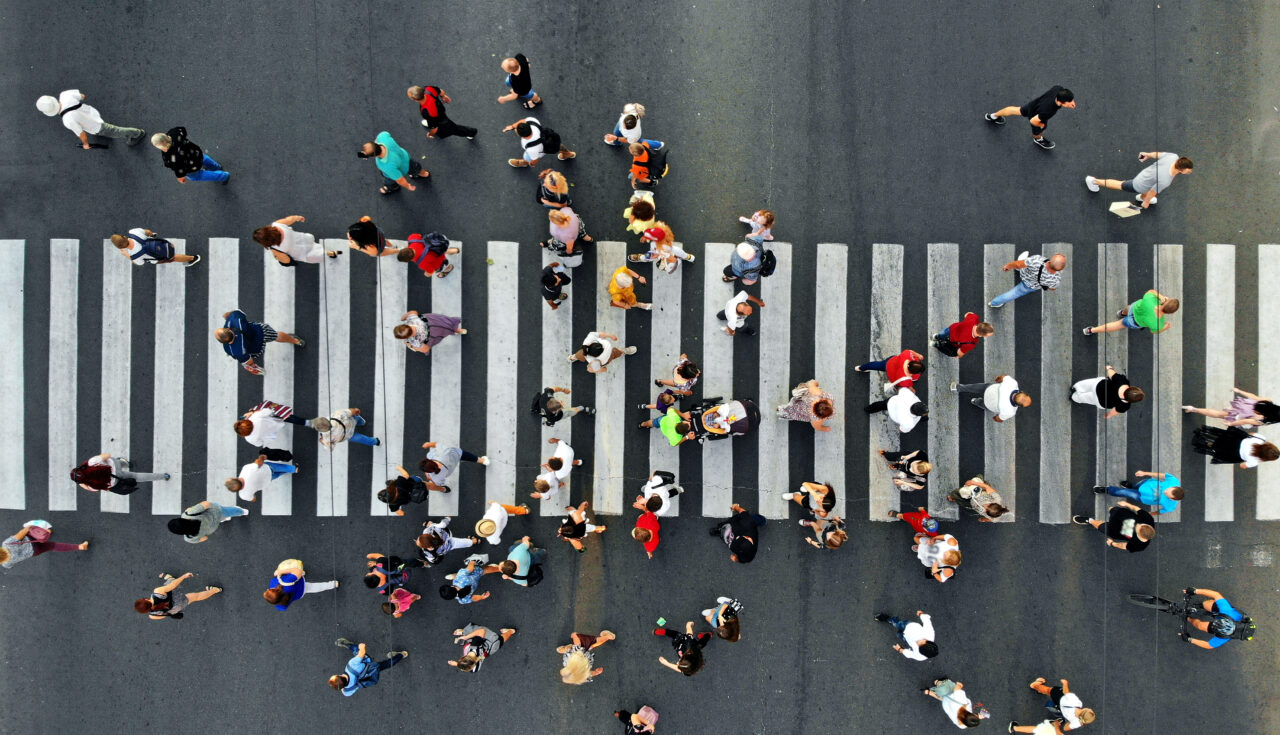Kris was involuntarily detained at Lions Gate Hospital and complained to us because he was not allowed to have a community pass to go outside due to COVID-19 restrictions. Kris also informed us that when the COVID restrictions that limited visitors to the hospital were initially imposed, patients had easy access to iPads for FaceTime visits with loved ones. However, he said staff had recently taken away the iPads and terminated patients’ internet access.
We investigated whether Vancouver Coastal Health (VCH) acted fairly in providing care to patients detained under the Mental Health Act.
We spoke to VCH about patient access to the outdoors, access to technology for visits and access to lawyers/legal advocates. In response, VCH advised
that due to COVID-19 and the highly vulnerable population in the hospital, the decision was made to suspend community passes in order to prevent the transmission of the virus from the community into the hospital. Instead, patients were provided access to the outdoors via a patio that is part of the hospital. In these circumstances, this seemed reasonable.
VCH also informed us that when the COVID-related hospital visitation restrictions were implemented, involuntarily detained patients did have relatively unrestricted access to iPads. However, access to the iPads was eventually restricted for security reasons. Patients were now required to book an appointment with staff to use the device so staff could ensure the iPad was being used for the intended purpose.
We also investigated patients’ ability to meet with their lawyer or legal advocate in person and were initially told that their access was by telephone; that in-person meetings were prohibited. This raised questions because these patients were being detained against their will. After further consultation with VCH, they agreed that in person visits with lawyers and/or legal advocates would fall within the exception category. It was noted that no in-person visits of this nature had been requested. We also confirmed that patients did have access to a private space to have telephone calls
with counsel.
We were satisfied that under the circumstances limiting community access was reasonable in order to prevent transmission of the virus and given the security concerns with iPad use, it seemed appropriate to limit access to “by appointment only” and for staff to confirm it was being used for its intended purpose. With respect to access to counsel, we were satisfied that with the changes made by VCH to broaden access to lawyers and legal advocates this concern was resolved.
